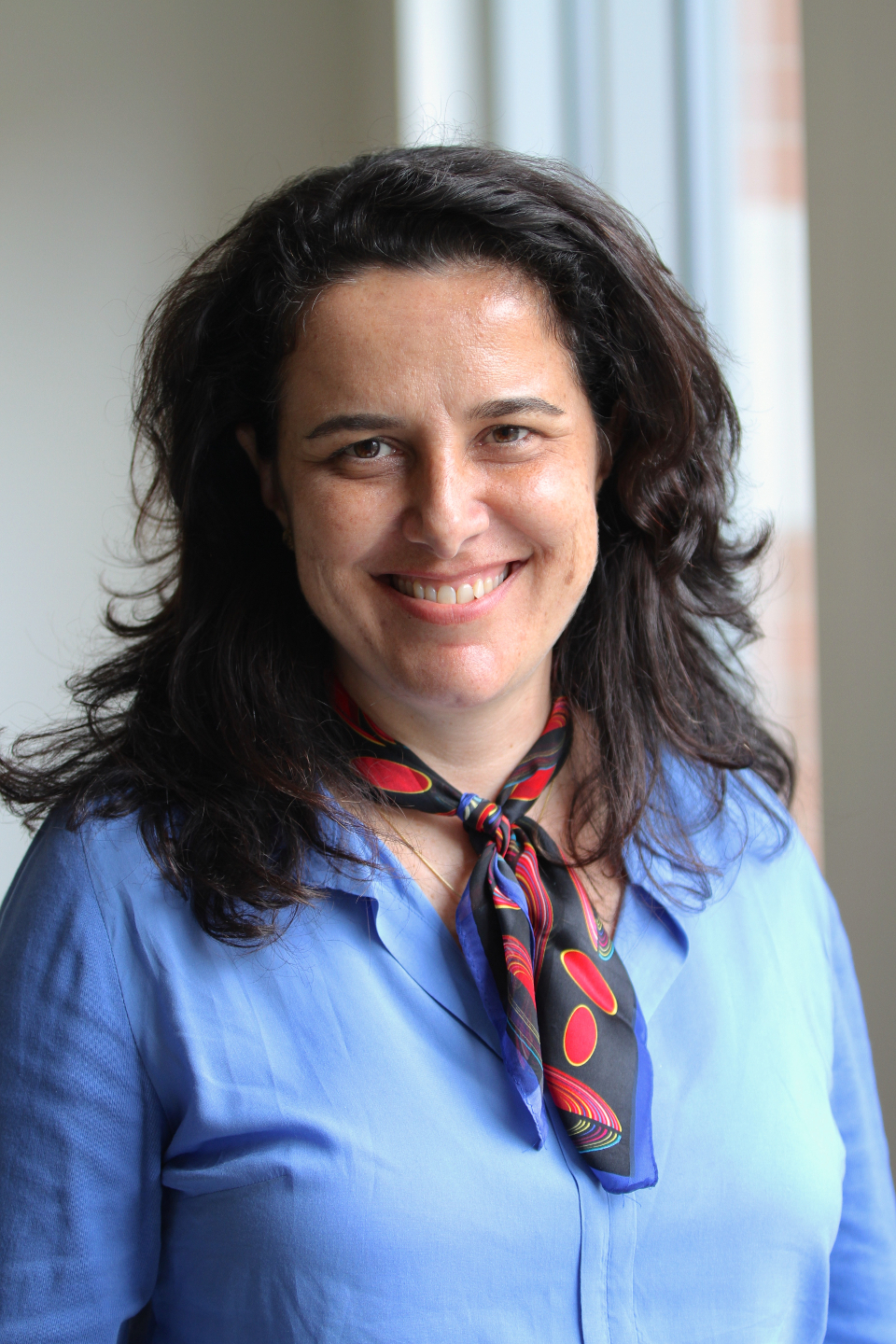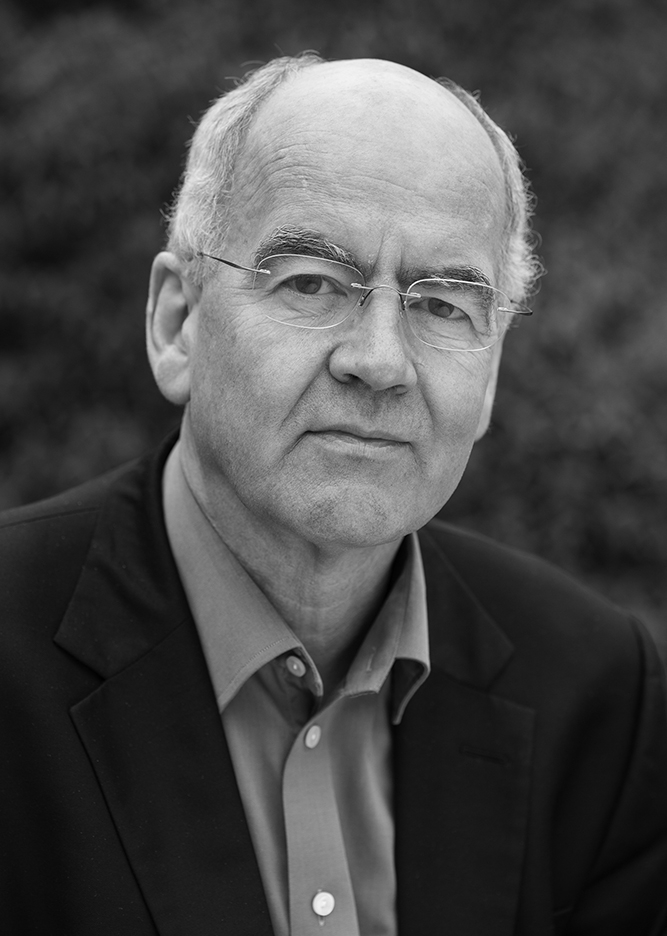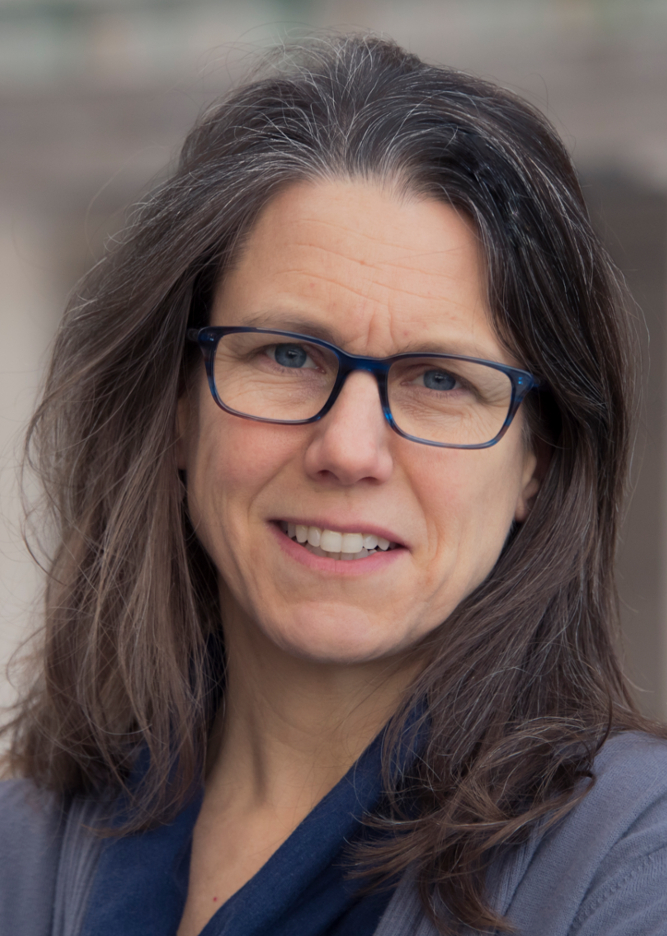John Elkington and Lorraine Smith
A PERSPECTIVE ON FIBRIA SUSTAINABILITY REPORTING 2017
The pulp and paper sector has its share of issues, but this latest round of reporting from Fibria illustrates just how far leaders in the industry have travelled. For this reason we are delighted to offer a perspective on the company’s reporting. One of us (Lorraine) reviewed Fibria’s 2013 sustainability report and the other (John) reviewed the company’s first report, back in 2009. We have both observed that Fibria is emerging as a global leader in sustainable development.
Despite political turbulence, the world is setting new sustainability goals which signal a very different agenda for business. It is evident that Fibria’s overall strategy and its reporting have both evolved in response to this agenda since 2013. There has been an even more marked change for the better since 2009. An increase in integrated thinking and practice is clearly demonstrated in the report, and the move to online reporting has been a key part of that process.
One promising evolution is the introduction of the Indicators Centre, making it easier for readers – both inside and outside the company – to access the relevant data. This is a big step forward and we look forward to seeing how this element of the company’s reporting evolves in future.
That said, it is not entirely clear how the scope and ambition of the (very welcome) 2025 targets were set nor how they relate to the delivery of the Sustainable Development Goals by 2030. With the SDGs increasingly seen as defining tomorrow’s expectations of business, it would be very helpful to see how Fibria’s goals and targets align with them, in other words how Fibria determines that its current goals are “enough”.
“The coverage of issues included in Fibria’s reporting continues to expand in a manner we applaud, ranging from carbon pricing through to wood theft, from protection of whale habitat in shipping routes to the embedding of bee keeping and honey production in the business model.”
The coverage of issues included in Fibria’s reporting continues to expand in a manner we applaud, ranging from carbon pricing through to wood theft, from protection of whale habitat in shipping routes to the embedding of bee keeping and honey production in the business model.
Given recent events in Brazil, some readers might also be interested to see more on how Fibria deals with the risks posed by bribery and corruption – which link closely, and negatively, to the sustainability agenda.
In terms of additional plus points, we like the way the focus is expanding from the business case for action to the business models that create value both for shareholders and stakeholders. This is very much in line with the trend we identify in our recent Breakthrough Business Models report for the Business & Sustainable Development Commission.
Meanwhile, the world is moving from one transparency approach to another, from integration of value creation across multiple forms of capital (e.g. physical, financial human, intellectual, social and natural) to a deeper integration of data. When this process is complete in the years ahead, decision makers will be able to track progress from the level of field, forest, fishery and factory right out to the impact on the atmosphere, biosphere and oceans.
With this evolution in mind, the latest reporting from Fibria may raise new questions. Some will want to know more about land rights or health and safety, for example, while others will be more interested in the potential use of genetically modified organisms or the role of plantation forestry in slowing the pace of climate change. They will therefore find the clickable mapping of the Fibria value chain a very useful evolution of the old contents lists, potentially opening up the possibility of multi-way conversations between the company and its stakeholders, in Brazil and beyond.
The ultimate test of a company’s commitment and integration comes when stakeholders actively engage with some aspects of its operations. Technology can go a long way in promoting transparency and accountability, but in the end it comes down to people—how they think, what their priorities are, and how much time and effort they are prepared to put into ethical, social, environmental and wider economic exchanges with little immediate impact on the financial bottom line.
“The style and content of Fibria’s reporting is inviting and thorough, and yet it will be important to understand the degree to which it doesn’t just inform critics but also promotes wider, more constructive dialogue.”
The style and content of Fibria’s reporting is inviting and thorough, and yet it will be important to understand the degree to which it doesn’t just inform critics but also promotes wider, more constructive dialogue. On current evidence, the company’s reporting effort is tracking in the right direction – and we very much look forward to future advances in this area.
John Elkington is Chairman and Chief Pollinator at Volans, where Lorraine Smith is an Associate Director. They are co-authors of Breakthrough Business Models.
John Elkington is a writer and thinker, a serial-entrepreneur and an ‘advisor from the future’. He is Chairman and Chief Pollinator at Volans, a certified B Corporation driving market-based solutions to the future’s greatest challenges.
He is currently co-leading Project Breakthrough a joint venture with the United Nations Global Compact focussing on growing the mindsets, business models and technologies necessary to achieve the Sustainable Development Goals.
John is also Honorary Chairman of SustainAbility, and sits on an A-Z of some 30 boards and advisory boards. He has written 19 books, and his latest is co-authored with Jochen Zeitz, former CEO of PUMA and now co-chair, with Sir Richard Branson, of The B Team. The book, entitled The Breakthrough Challenge: 10 Ways to Connect Today’s Profits with Tomorrow’s Bottom Line comes full circle from John’s 1997 "Cannibals with Forks", where he first introduced the Triple Bottom Line concept.
Twitter: @VolansJohn
Web: www.volans.com
Lorraine Smith is an Associate Director at Volans, collaborating with the team on the Breakthrough agenda since early 2016.
Since 2004 she has consulted with global corporations in sectors including forestry, agriculture, food, apparel, mining, financial services, consumer goods, and manufacturing. She has held senior positions at SustainAbility, where she now collaborates as an Associate, and at Canadian Business for Social Responsibility, where she currently sits on the Board. She is on the Review Committee of the Future Fit Business Benchmark, an open source tool that quantifies how businesses are contributing to a sustainable future.
Originally from Toronto, Canada and currently based in New York City.
Rachel Biderman
Fibria has emerged as a company engaged in the creation of solutions for a low-carbon economy, whether through its engagement in national and international forums on this aspect, through its investment in research and development for new products that are relevant for the new economy or through the development of concrete measures to solve the problem. Given its concern with its ‘carbon footprint’, the company conducts its inventory using the GHG Protocol, a tool to measure and plan the reduction of greenhouse gas emissions.
“Fibria’s leadership on climate change is essential to drive other players in the Brazilian economy and in the world toward the solution of the biggest problem affecting us today.”
Fibria’s leadership on climate change is essential to drive other players in the Brazilian economy and in the world toward the solution of the biggest problem affecting us today. The company has been engaged in public forums such as the ‘Forest Dialogue’, the Brazil Coalition, Climate, Forests and Agriculture, the Atlantic Rainforest Restoration Pact, among others, that stand out in the search for solutions for Brazilian society and for mankind.
In terms of new business opportunities, Fibria has developed products and services with high added value to replace fossil by-products as source of raw material. An example is the investment in bio-oil, in partnership with the American company Ensyn Corporation.”
In terms of new business opportunities, Fibria has developed products and services with high added value to replace fossil by-products as source of raw material. An example is the investment in bio-oil, in partnership with the American company Ensyn Corporation, in which, through a pyrolysis process, biomass undergoes a thermochemical treatment to obtain a liquid fuel that can replace fossil fuels to generate power or be refined together with petroleum.
Also, in 2015, Fibria purchased a Canadian company, Lignol, today called Fibria Innovations, in a project to turn part of the lignin that is currently burned to produce energy, into products with higher added value and that replace fossil-based raw materials.
By means of its restoration activities and ecosystem services, the company not only collaborates to fight the causes of climate change, but also contributes to adapting to a warmer world, creating more resilience to its crops and to neighboring communities. This happens through its investment in conservation or restoration of areas that are important for the ecosystems’ health, that provide water safety, conservation of biodiversity, gene flow, among other ecosystem services. Some examples of these activities are the allocation of 364,000 hectares of its area to conservation. Another important example was the inclusion of its long-term goals, until 2025, to fight adversities caused by climate change through the restoration of 40,000 hectares of its areas, and obtain a positive carbon balance of 11 million tons of CO2 equivalent between emissions and annual removal of greenhouse gas.
In short, Fibria stands out for its investment in new businesses, environmental conservation and the fight against climate change, contributing to make Brazil a leader in the low-carbon economy and to improve the well-being of the population of our country.

Rachel Biderman is Executive Director of WRI Brasil. PhD in Public Administration and Government from EAESP – FGV. Master’s Degree in Environmental Science from USP. She was a researcher in the PhD Internship at JFK School of Government, Harvard. Master’s degree (LL.M) in International Law, focused on Environment from the Washington College of Law, American University. She has a Law Degree from USP. Former assistant coordinator and researcher at the Center of Sustainability Studies in the São Paulo Business Administration School of the Getulio Vargas Foundation (2008-2011). Professor of the Environment module of the MBA in Sustainability Management from EAESP-FGV. Coordinator of FGV’s postgraduate course “Management for Low Carbon.” Member of the Board of the Brazilian Consumer Defense Institute, of the Brazilian Business Council for Sustainable Development and of the Board of the Marina Silva Institute. She was Chair of the Greenpeace Board in Brazil (2010-2013). Author of the book Democracia, Cidadania e Proteção do Meio Ambiente, (Democracy, Citizenship and Environmental Protection), Annablume Publishing House, 2002. Co-organizer of publication “Guia de Compras Publicas Sustentáveis - Uso do Poder de Compra do Governo para a Promoção do Desenvolvimento Sustentável” (“Guide of Sustainable Public Procurement – Use of the Government Purchasing Power to promote Sustainable Development”), FGV Publishing House, 2006.


